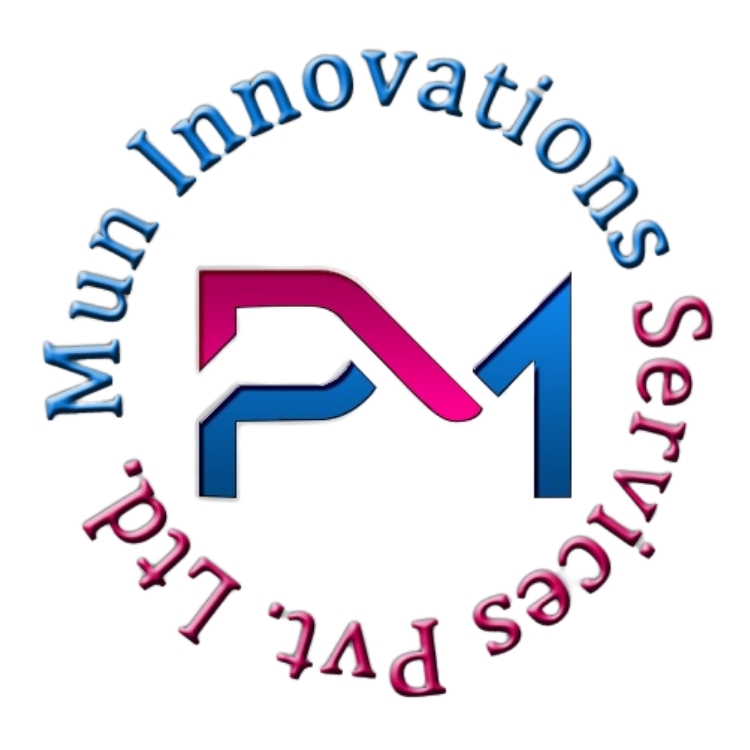
Call Anytime 24/7
Mail Us For Support
Office Address
259 HGS, Hotland, USA
Now Hiring: Are you a driven and motivated 1st Line IT Support Engineer?
Office Hours: 10:00am-6:00pm


Digital transformation has become a critical aspect for businesses across industries. It involves leveraging technology to fundamentally change how organizations operate, deliver value, and interact with customers. To navigate this ever-evolving digital landscape, it’s essential to understand the key areas that drive digital revolution. In this blog post, we will explore the four main areas of digital transformation and how they impact businesses today.
Enhancing customer experience lies at the core of digital transformation efforts. Businesses are increasingly focusing on leveraging technology to deliver personalized and seamless experiences to their customers. This involves understanding customer needs, preferences, and behaviors, and then leveraging data analytics, artificial intelligence (AI), and machine learning (ML) to tailor products, services, and interactions. By placing customer experience transformation at the forefront, organizations can foster stronger connections with their customers, boost loyalty, and foster sustainable growth.
Operational process transformation involves leveraging digital tools and technologies to streamline and optimize internal operations. This includes automating manual processes, implementing cloud-based solutions, adopting enterprise resource planning (ERP) systems, and integrating data across various departments. By digitizing and automating workflows, organizations can increase efficiency, reduce costs, improve productivity, and gain real-time visibility into their operations. Process transformation enables agile decision-making, accelerates time to market, and enhances overall business performance.
Digital transformation often necessitates reimagining traditional business models to adapt to the changing digital landscape. Organizations are embracing innovative business models that capitalize on emerging technologies and changing customer behaviors. This includes shifting from product-centric to service-oriented models, adopting subscription-based pricing, exploring platform-based approaches, and embracing the sharing economy. Business model transformation enables organizations to unlock new revenue streams, explore collaborative partnerships, and create sustainable competitive advantages in the digital marketplace.
Digital transformation is not merely about technology; it also requires a cultural shift within organizations. Cultivating a digital-first mindset is crucial for embracing change, fostering innovation, and promoting continuous learning. This involves creating a culture that values experimentation, collaboration, and agility. Organizations need to empower employees with the necessary digital skills, encourage cross-functional collaboration, and establish a supportive environment for taking calculated risks. Cultural transformation enables organizations to adapt to disruptive technologies, drive innovation, and embrace a digital-first approach at all levels.
Digital revolution encompasses multiple dimensions that have a profound impact on businesses today. Customer experience transformation focuses on delivering personalized and seamless experiences, while operational process transformation streamlines internal operations for increased efficiency. Business model transformation entails reimagining traditional models to leverage emerging technologies and changing customer behaviors. Lastly, cultural transformation
WhatsApp us

